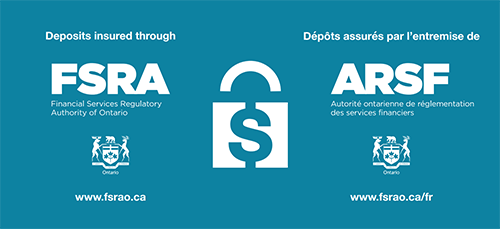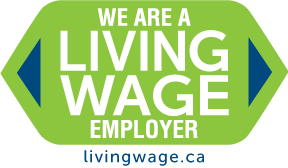The Canadian edition of The Little Black Book of Scams is a compact and easy to use reference guide filled with information Canadians can use to protect themselves against a variety of common scams. It debunks common myths about scams, provides contact information for reporting a scam to the correct authority, and offers a step-by-step guide for scam victims to reduce their losses and avoid becoming repeat victims.
Consumers and businesses can consult The Little Black Book of Scams to avoid falling victim to social media and mobile phone scams, fake charities and lotteries, dating and romance scams, and many other schemes used to defraud Canadians of their money and personal information.


